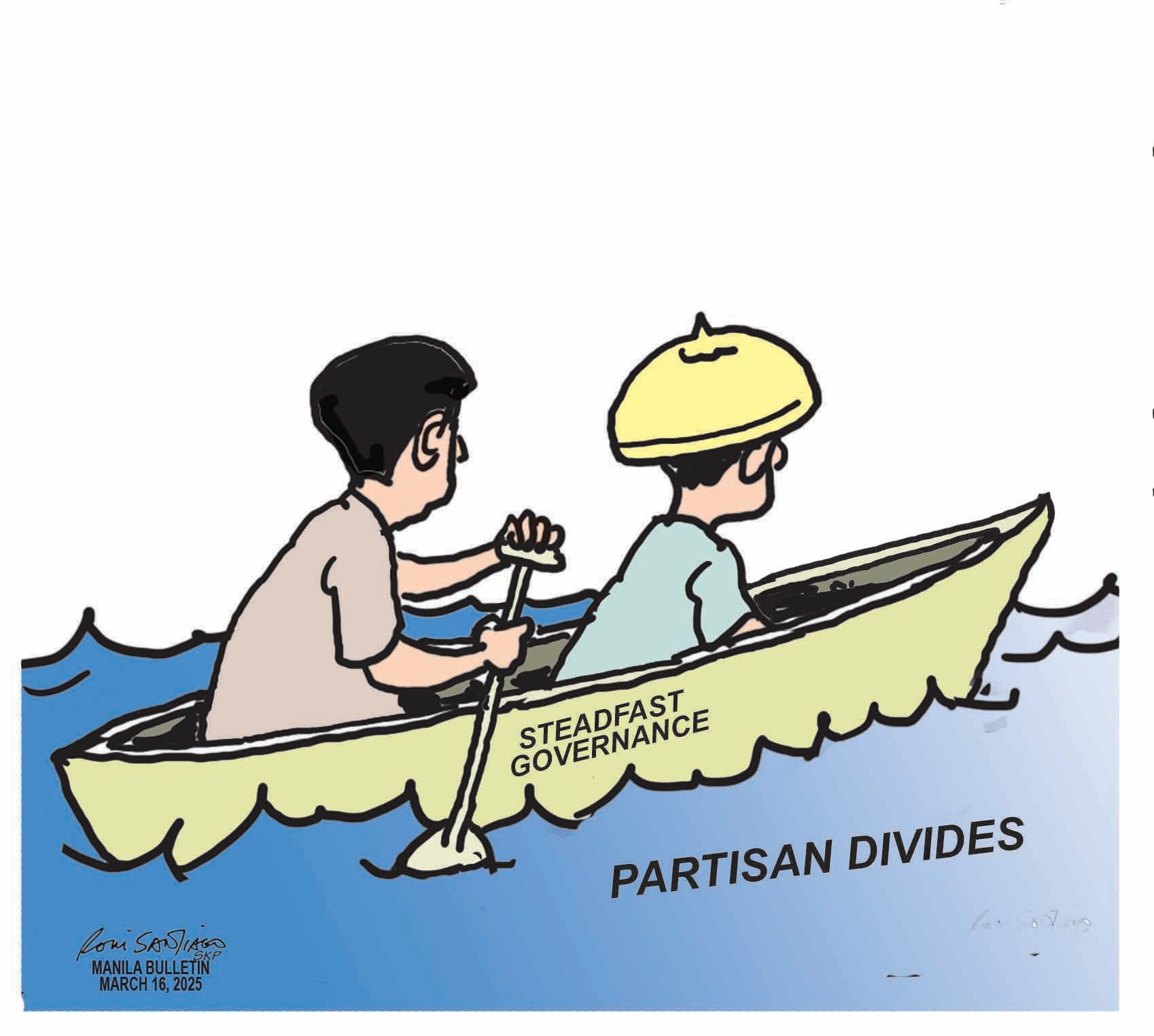
The recent arrest of former President Rodrigo Duterte on charges of crimes against humanity, stemming from his controversial anti-drug campaign, has thrust the Philippines into a period of political turbulence. This development not only challenges the nation’s legal and political frameworks but also underscores the imperative for steadfast governance.
Enduring economic and social progress is inextricably linked to good governance, which necessitates setting aside partisan conflicts in favor of national unity and development.
On orders of the International Criminal Court, the Interpol sought the assistance of the Philippine government in carrying out President Duterte’s arrest to answer allegations of sanctioning extrajudicial killings in his war on drugs. His detention in The Hague has elicited mixed reactions domestically, reflecting deep-seated political divisions.
In times of political upheaval, the principles of good governance—transparency, accountability, rule of law, and participatory decision-making—become paramount. These principles serve as the bedrock for sustainable development and social cohesion.
The current scenario presents an opportunity for the Philippines to reaffirm its commitment to these ideals, ensuring that justice is served while maintaining institutional integrity.
Central to the success of countries that have pulled themselves from the shoals of resource scarcity to attain significant progress is a governance model characterized by:
First, meritocratic leadership: Competence and integrity in public service appointments, ensure that capable individuals steer national development.
Second, long-term planning: The nation engages in meticulous, forward-looking strategies, prioritizing sustainable growth over short-term gains.
Third, strict anti-corruption measures: A zero-tolerance stance on corruption has fostered a culture of trust and efficiency within both the government and the private sector.
These elements have collectively cultivated and enabled a stable political environment conducive to economic prosperity.
To transition from its current challenges to a more favorable trajectory, the Philippines can consider the following approaches:
First, strengthening institutions: Bolstering the independence and capacity of judicial, legislative, and executive bodies ensures checks and balances, fostering public confidence.
Second, promoting political maturity: Encouraging political parties to prioritize national interests over partisan agendas can lead to more cohesive policy-making.
Third, enhancing public participation: Engaging citizens in governance processes through consultations and inclusive dialogues ensures that policies reflect the populace’s aspirations and needs.
Fourth, investing in education: Educating citizens about their rights and responsibilities fosters a more informed electorate capable of making decisions that benefit the collective.
Fifth, implementing anti-corruption reforms: Establishing robust mechanisms to detect, deter, and punish corrupt practices is essential for equitable development. Promoting ease of doing business that does away with red tape will go a long way toward boosting citizen confidence that their government truly works for their well-being.
By committing to reforms that transcend partisan divides, the nation can pave the way for sustained economic growth and social harmony.